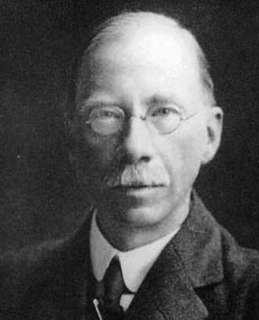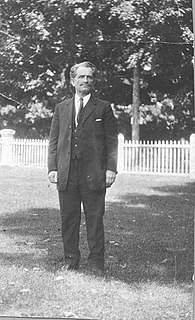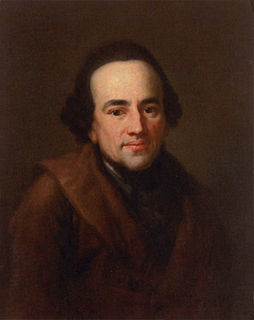A Quote by Niels Bohr
In our description of nature the purpose is not to disclose the real essence of the phenomena but only to track down, so far as it is possible, relations between the manifold aspects of our experience.
Related Quotes
The progress of science has always been the result of a close interplay between our concepts of the universe and our observations on nature. The former can only evolve out of the latter and yet the latter is also conditioned greatly by the former. Thus in our exploration of nature, the interplay between our concepts and our observations may sometimes lead to totally unexpected aspects among already familiar phenomena.
The investigation of causal relations between economic phenomena presents many problems of peculiar difficulty, and offers many opportunities for fallacious conclusions. Since the statistician can seldom or never make experiments for himself, he has to accept the data of daily experience, and discuss as best he can the relations of a whole group of changes; he cannot, like the physicist, narrow down the issue to the effect of one variation at a time. The problems of statistics are in this sense far more complex than the problems of physics.
Zen, like life, defies exact definition, but its essence is the experience, moment by moment, of our own existence -- a natural, spontaneous encounter, unclouded by the suppositions and expectations that come between us and reality. It is, if you like, a paring down of life until we see it as it really is, free from our illusions; it is merely a divestment of ourselves until we recognize our own true nature.
Our alleged facts might be true in all kinds of ways without contradicting any truth already known. I will dwell now on only one possible line of explanation, - not that I see any way of elucidating all the new phenomena I regard as genuine, but because it seems probable I may shed a light on some of those phenomena. All the phenomena of the universe are presumably in some way continuous; and certain facts, plucked as it were from the very heart of nature, are likely to be of use in our gradual discovery of facts which lie deeper still.
Unfortunately, the relations between the United Kingdom and Russia have not developed in the best possible way; however, it has never been our fault. It was not we who decided to discontinue relations with the United Kingdom; it was the UK who preferred to "freeze" our bilateral contacts in various fields.
You are not an accident. Your parents may not have planned you, but God did. He wanted you alive and created you for a purpose. Focusing on yourself will never reveal your real purpose. You were made by God and for God, and until you understand that, life will never make sense. Only in God do we discover our origin, our identity, our meaning, our purpose, our significance and our destiny.
We are so far from knowing all the forces of nature and their various modes of action that it would be unworthy of the philosopher to deny phenomena simply because they are inexplicable at the present state of our knowledge. The more difficult it is to acknowledge their existence, the greater the care with which we must study these phenomena.
The real religion is about the understanding that if we can only still our egos for a few seconds, we might have a chance of experiencing something that is divine in nature. But in order to do that, we have to slice away at our egos and try to get them down to a manageable size, and then still work some practiced light meditation. So real religion is about reducing our egos, whereas all the churches are interested in is egotistical activities, like getting as many members and raising as much money and becoming as important and high-profile and influential as possible.
When properly applied, the kamae reflects the ninja's heart.
This means that our physical nature conforms to our intentions,
and there is no division between our interior and exterior
aspects. This state of integrated mind and body action is
totally natural, and can be observed readily in the movements
of animals as they interact with their environment. Only human
beings seem to develop the need to be trained in natural body
motion.
Underneath our ordinary lives, underneath all the talking we do, all the moving we do, all the thoughts in our minds, there's a fundamental groundlessness. It's there bubbling along all the time. We experience it as restlessness and edginess. We experience it as fear. It motivates passion, aggression, ignorance, jealousy, and pride, but we never get down to the essence of it.
Westerners think that all that is negative and positive is only caused from outside of themselves. They materialize and externalize their experiences, never understanding the connection between outer and inner phenomena or interdependent phenomena, looking for explanations only from objects through nihilist habit instead of from the subjective experience of their own minds.




































